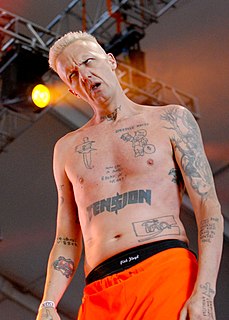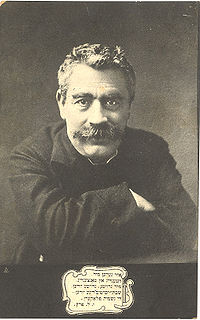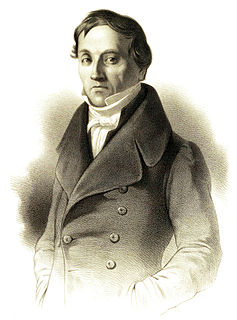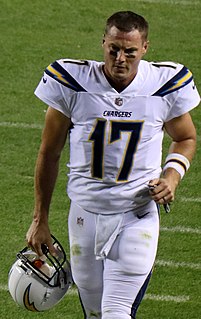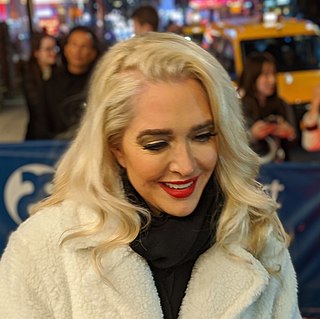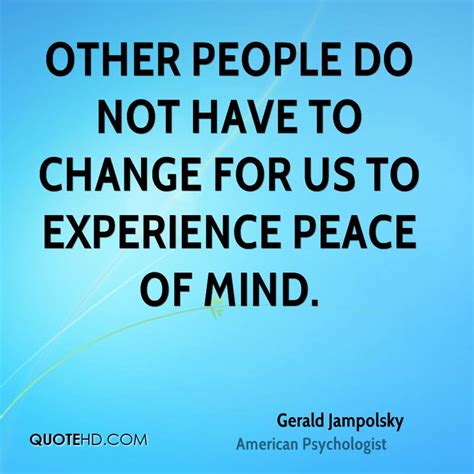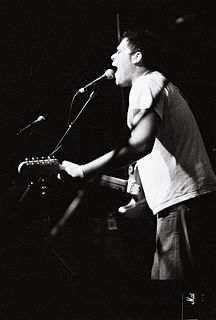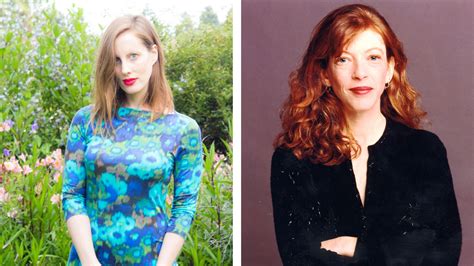A Quote by Watkin Tudor Jones
There's layers to our stuff: Our top layer is like candy-coated pop, because we want to party and have a nice time, but we also have a lot of different human experiences and other levels present in the Die Antwoord experience.
Related Quotes
Whenever we do stuff with Die Antwoord, it's kind of like... I made a lot of music before this group that I'm kind of bored of and forgot about, and everything with Die Antwoord I really love. It's the first time I've made music where, even the first songs we made, I really adore all those songs, and I'm proud of them.
The distinguishing of the strata, or layers, in the embryonic membrane was a turning-point in the study of the history of evolution, and placed later researches in their proper light. A division of the (disc-shaped) embryo into an animal and a plastic part first takes place. In the lower part (the plastic or vegetative layer) are a serous and a vascular layer, each of peculiar organization. In the upper part also (the animal or serous germ-layer) two layers are clearly distinguishable, a flesh-layer and a skin-layer. (1828)
I think the problem is these basic sort of human values from our - from the beginning, from birth, are not sort of properly nurtured. So then our mind, our brain, through education and also difference of experiences, that eventually, these basic values or what are called dominant, not have the catching up our intelligence, experience growth, that also should grow. Then our life become more human.
?Reading good literature is an experience of pleasure...but it is also an experience of learning what and how we are, in our human integrity and our human imperfection, with our actions, our dreams, and our ghosts, alone and in relationships that link us to others, in our public image and in the secret recesses of our consciousness.
When I say there's a little bit of Erika Jayne in everybody, what I mean by that is: No one is one way all the time. No one is buttoned up all the time and no one is wild all the time. There are different parts to your personality, different layers - and that's really what Erika Jayne is, another layer to a human being.
I'm hungry in the ways that every artist is, but I also have this extra layer. I've done a lot of things that were consciously not for money, but because I'm so convinced I'm going to die in my mid-30s, I'm like, 'That's not what's important. Doing cool stuff and having that legacy is what's important.'
I have no rules. For me, it's a full, full experience to make a movie. It takes a lot of time, and I want there to be a lot of stuff in it. You're looking for every shot in the movie to have resonance and want it to be something you can see a second time, and then I'd like it to be something you can see 10 years later, and it becomes a different movie, because you're a different person. So that means I want it to be deep, not in a pretentious way, but I guess I can say I am pretentious in that I pretend. I have aspirations that the movie should trigger off a lot of complex responses.
The mediated world has approached us from a lot of different directions and we have freely chosen our automobiles and our skyscrapers and our televisions and our telephones and our computers because they have given us power and freedom. Now we are beginning to notice there's a price to pay for them. It's all interconnected, the good stuff and the bad stuff comes together.
I think a lot why our lives shows are good is because of the crowd, and because of the energy that they bring. Also, there was a time when a lot of the people that came to our shows were a bunch of drunk bros. At a certain point, we decided we were going to start calling them out. We also decided to become more gay-positive and feminist and all that stuff, and that we were going to be really vocal about it. After that, our crowd became a lot friendlier, and honestly a lot more fun.
An old essay by John Updike begins, 'We live in an era of gratuitous inventions and negative improvements.' That language is general and abstract, near the top of the ladder. It provokes our thinking, but what concrete evidence leads Updike to his conclusion ? The answer is in his second sentence : 'Consider the beer can.' To be even more specific, Updike was complaining that the invention of the pop-top ruined the aesthetic experience of drinking beer. 'Pop-top' and 'beer' are at the bottom of the ladder, 'aesthetic experience' at the top.
